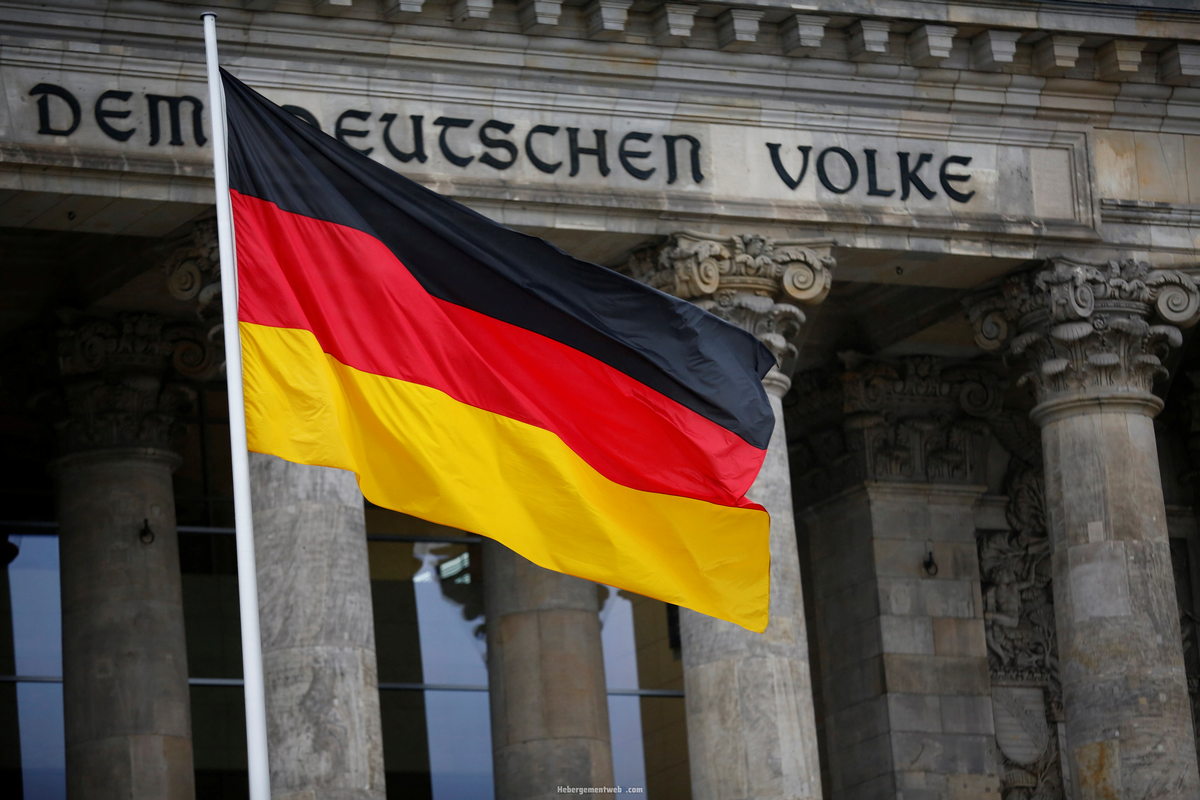On Monday, German authorities said they had so far issued 2,400 visas to the Afghan military and their relatives, although not all of them wanted to arrive in Germany immediately.
Germany withdrew its last troops from Afghanistan last week after a regrouping that lasted nearly 20 years and focused on the north of the country. Germany had the second largest foreign contingent in Afghanistan after the United States.
Defense Minister Annegret Kramp-Karrenbauer said in April that Germany had a “deep commitment” not to leave unprotected locals who were helping its troops by exposing themselves to danger.
Foreign Ministry spokesman Rainer Bröl said that 2,400 German visas had been issued to local officials and their relatives in recent weeks. He acknowledged that the procedures were complicated by the withdrawal of troops and the closure of the German Consulate General in Mazar-e-Sharif, but said Berlin was trying to work with partners such as the International Organization for Migration. According to him, his office has not yet started working due to the security situation.
Before the departure of the military, 446 local officials and their relatives, a total of 2,250 people, received travel documents, said Defense Ministry spokesman David Helmbold. He added that at the time, a “relatively small number” of applications remained open, he added.
“Not all of those who received these travel documents wanted to leave immediately,” Helmbold told reporters in Berlin.
“There were a few locals (staff) who said we really wanted to stay in Afghanistan as long as possible, but we would like to be able to leave if the security situation worsens.” He said he could not give a specific number of those who did not want to leave immediately.
The U.S. military liberated its largest airfield in Afghanistan last week, advancing to the final withdrawal, which the Pentagon says will be completed by the end of August. The program is largely over, and Germany has become one of many allies that have left the country in recent weeks.

